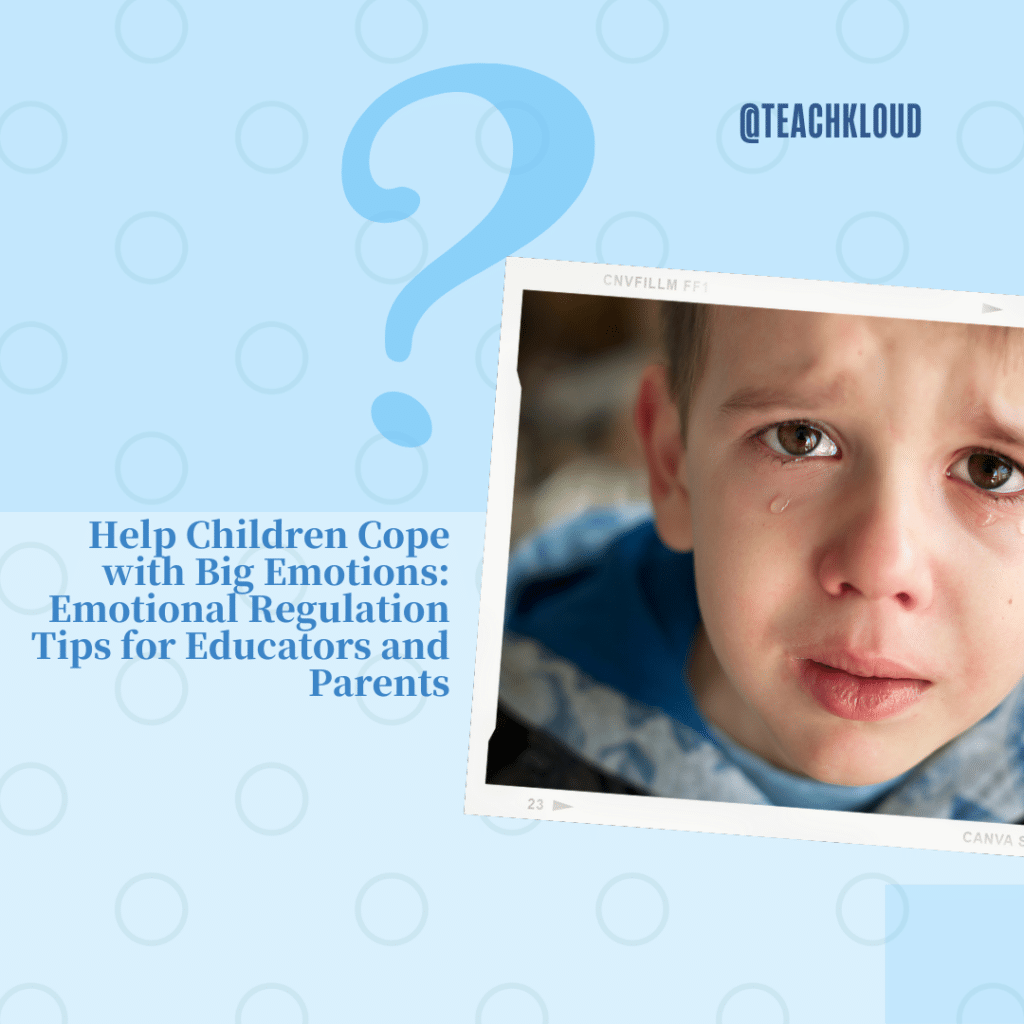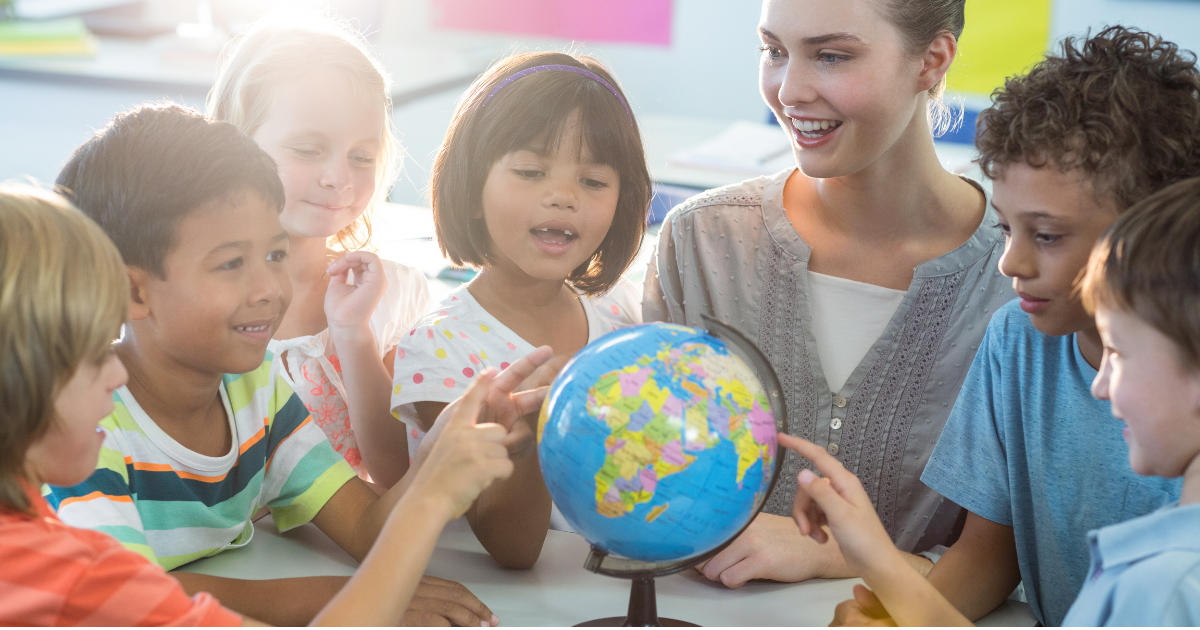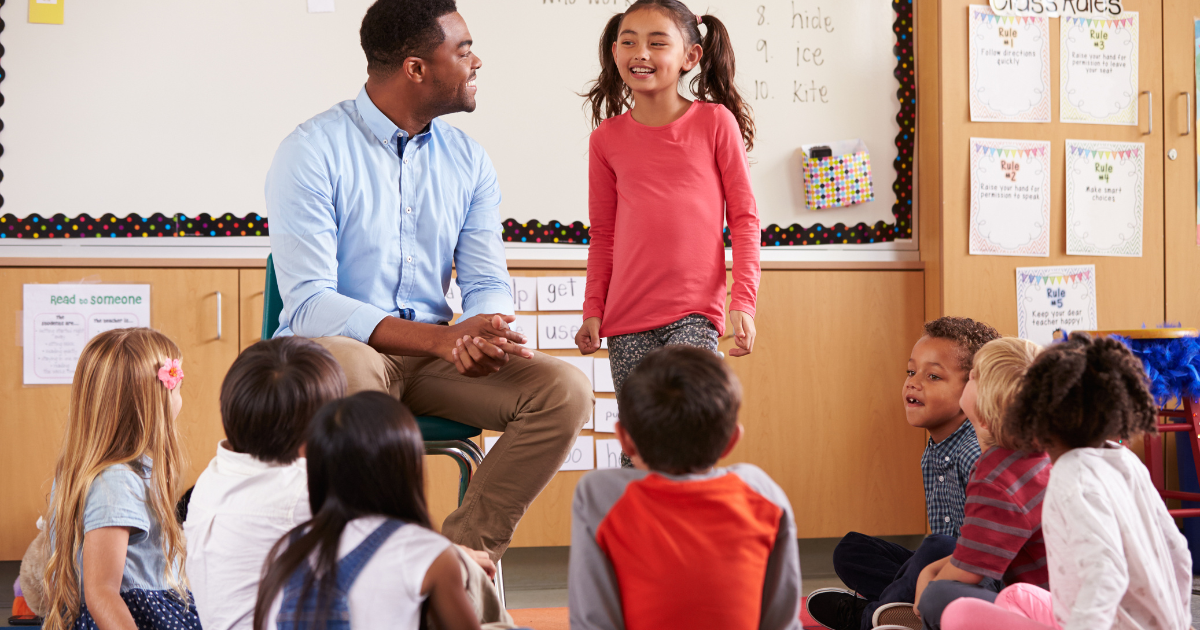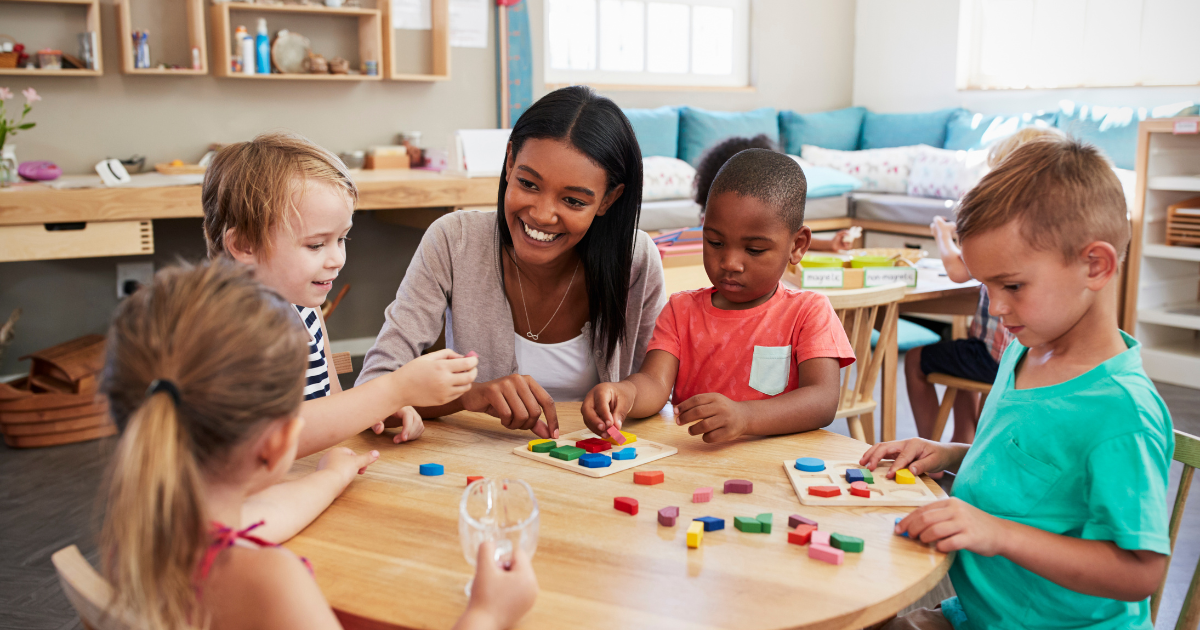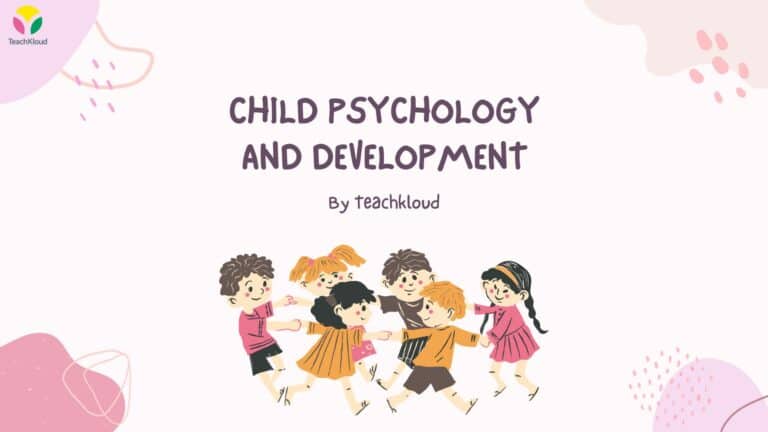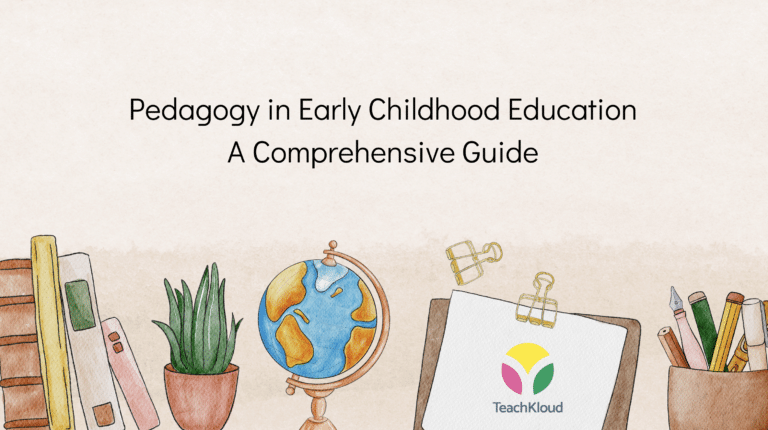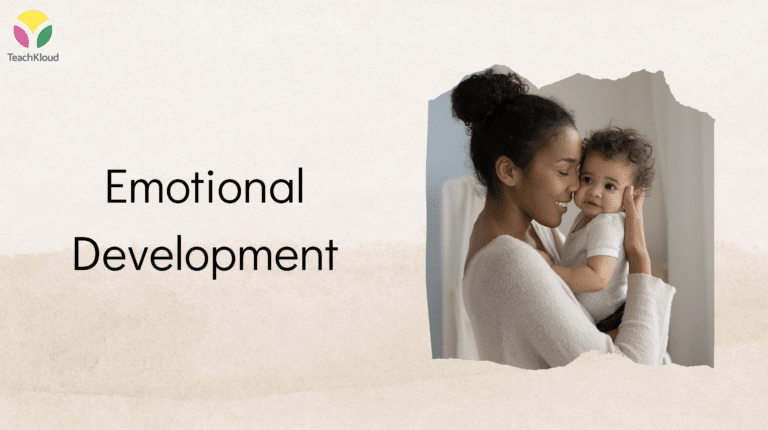As parents and educators, we can support children in managing their emotions, as they navigate the complex world. Big feelings can be daunting for children. Providing children with emotional regulation skills will help prepare them for success later on. Let’s explore how best to support children cope with big emotions. There is also an engaging video on how to help children with big emotions with tips for educators and parents here!
Key Takeaways
- Understanding Big Emotions in Children is a complex process.
- Educators and parents can play an important role by creating a safe environment, teaching coping techniques, and engaging in collaborative interactions.
- Tailoring emotional regulation techniques to different age groups enables effective support for children’s mental health & well-being.
Understanding Big Emotions in Children
Emotional self-regulation is an intricate process that begins in early childhood. It involves a child’s ability to recognise and understand their own emotions, particularly big emotions, such as intense feelings which can be difficult for them to manage. This skill continues on into life, with children gradually becoming more adept at regulating those reactions, through the development of regulation skills over time. Self-control plays an important role in the overall health and wellbeing of individuals because managing strong emotionality is necessary for healthy relationships, feelings around self-esteem and worth.
Emotional Development Stages
In order to support children in managing their emotions, it is vital that adults understand the various phases of emotional development. From birth to adolescence, children refine their self regulation skills, as they get older, through the guidance of more knowledgeable others, as well, as from their early experiences. As infants, they rely on carers when attempting to regulate emotions. Toddlers start labelling basic sentiments such as happiness and anger. During ages 4+ (approximately), they gain proficiency in expressing a broad range of “negative” feelings too.
Common Triggers of Big Emotions
It is essential to recognise the potential sources of intense emotions in children, such as transitions, trauma and sensory overload. These factors can cause emotional reactions, that make it hard for them to manage their feelings. Besides this, family relationships and cultural attitudes towards expressing emotion, may also contribute significantly to triggering extreme reactions. It is vital for children’s mental health, to understand common triggers, so they are equipped with suitable techniques when trying regulate their emotions effectively. With appropriate parental/educator support, children’s ability to emotional regulate could be improved greatly, enabling better management of strong emotions and stressful day-to-day life events.
The Role of Educators and Parents in Emotional Regulation
Creating a safe atmosphere and teaching children coping techniques, are key to helping them build emotional regulation skills. Educators and parents can assist in this growth by cultivating nurturing interactions that encourage children to share their emotions, while also providing an open dialogue about regulating these feelings appropriately. Such collaboration between home life and the classroom. will provide continuity of care and consistency for the child. Ensuring that there is two-way communication between the school and the home, is essential. With the right guidance from caregivers, children can learn how to understand themselves emotionally, so they have better control over their responses going forward.
Creating a Safe Environment
Creating an atmosphere of safety, for children to express their feelings, entails regularity, validating children’s emotions and fostering open communication. One approach towards accomplishing this, is by scaffolding. A cooperative technique involving breaking down tasks into smaller, more achievable portions, while also delivering assistance when necessary. By utilising emotional regulation strategies through scaffolding, parents and educators can give support, as children attempt to manage difficult scenarios and discover how to effectively direct their emotions.
In order achieve consistency in the environment, which yields security and support for children, a consistent routine must be maintained along with clear standards & reinforcement of suitable emotional responses. To help them cultivate self-regulation skills and acquire knowledge about expressing/managing emotion – communicating openly is key.
Collaborative Approach
By engaging in a collaborative effort between educators and parents, emotional regulation strategies can be consistently reinforced at home and school. This allows both sides to benefit from one another’s contributions, ultimately resulting in an increase of children’s abilities with regards to their emotion-regulation proficiency and positive outcomes overall.
Parents’ input, combined with the knowledge provided by those that work within educational settings, leads to comprehensive support for youngsters’ mental growth, related specifically to emotional management techniques. Through this shared contribution, the teacher and parent are able exchange ideas while providing useful information on regulating emotions effectively.
Strategies for Teaching Emotional Regulation
The teaching of emotional regulation skills to children can be facilitated by encouraging their emotional awareness, providing a model for healthy reactions, and introducing them to coping mechanisms. If these strategies are applied effectively, it will result in better mental health outcomes, greater academic achievement and an increased sense of well-being that comes from being able to manage emotions successfully.
Encouraging Emotional Awareness
When it comes to emotional regulation, having an awareness of one’s own emotions is fundamental. Parents and teachers can nurture this knowledge in children, by encouraging open communication about feelings, helping them recognise their triggers and physical symptoms associated with different emotional states. Additionally, fostering positive self-talk and teaching emotion vocabulary words can support children in coping with and expressing big emotions. By creating a safe atmosphere that allows for teachable moments, around expressing themselves emotionally, children will be better prepared to recognise their inner state on various levels. Children may not yet have the words to express themselves, that is why using an emotion chart or similar system, can be useful, to help children first be able to label what they are feeling, which can help them feel and be heard, as well as support the educator or parent in understanding the child.
‘Modeling’ Healthy Emotional Responses
For parents and educators, it is important to demonstrate positive emotional responses, so that children can learn how to properly manage their emotions. Providing them with guidance and understanding, when they encounter tricky situations, help’s build up healthy strategies for self-regulation in the long run. Showing them how to handle situations, rather than telling them, can also be beneficial (e.g. modeling healthy emotional responses). Examples of such scenarios, include feeling anxious before an exam, having difficulty concentrating or communicating with unkind staff at work. All of which require effort but should be normalised by adults who are offering support.
Introducing Coping Mechanisms – watch expert panel discussion on using mindfulness to support children regulate here
Parents and teachers can teach children various techniques for better emotional management, like mindfulness exercises, deep breathing, cognitive reframing, as well as relaxation strategies and activities to enable them to thrive, even when in distressing situations. These coping mechanisms are essential in helping young people become aware of their emotions so that they have the necessary tools to face stressful situations effectively. By introducing such methods, parents and educators provide kids with important resources, that will serve them throughout life, when managing difficult feelings. Learn more about how educators can use mindfulness with children, in any learning environment here.
Tailoring Techniques to Different Age Groups
As children move through the developmental stages, the techniques used to help them with emotional regulation must adapt accordingly. Parents and teachers can best assist children in managing difficult emotions by understanding age-specific needs and issues. Through supplying tailored, support along with appropriate strategies for each stage of growth may greatly promote positive mental health, as well as overall wellbeing.
Preschoolers
Creating an environment that is consistent and engaging in activities, which promote the identification of emotions, are all great ways to help preschoolers grow their emotional regulation skills. Parents and educators have a crucial role here, providing guidance along with positive reinforcement to aid children as they learn how to process their feelings. Learn more about this here by watching our engaging and practical video on helping children cope with BIG emotions.
School-Age Children
School age kids are faced with numerous emotional hurdles, such as peer pressure, academic struggles and building a sense of autonomy. To help children develop problem-solving skills and emotional intelligence, parents and teachers can provide targeted tools to support them in mastering the art of regulating emotions. Cognitive reappraisal techniques may come handy here – they enable youth to think about scenarios from alternative angles, so that they have more command over managing their feelings during certain situations. Open communication surrounding emotions should be fostered too. Adolescents
During adolescence, various hormonal and social shifts occur which can lead to difficulty in handling emotions. This brings up special difficulties that need a personalised approach, such as self-reflection and stress management approaches for emotional needs. To aid young people through this stage, mindfulness techniques like meditation or DBT may be of use to provide them with the appropriate skills for managing their feelings better.
Additional Resources for Emotional Regulation Support
Self regulation skills are important for the development of emotional well being in children. Parents and educators can look into training programmes, mindfulness exercises such as deep breathing and meditation or professional guidance from mental health professionals to Support a child’s emotion regulation abilities. Training Programmes help provide invaluable insights into efficient behaviour techniques, management tactics towards behaviour’s that concern, as well as improved communication methods, while also strengthening parental confidence levels. An example of such a course is here. Mindfulness activities allow reduction in stress factors, which contribute positively toward developing steadiness emotionally. Whereas, therapy can be beneficial when looking for comprehensive assistance regarding how best to address an individual’s needs, related to regulating their feelings.
Summary
At the end of day, helping young people come to terms with strong feelings is essential for their overall wellbeing. To effectively guide them in dealing with emotions, it’s important to comprehend each stage of emotional development and create a safe environment, where they can feel supported. Strategies such as increasing emotional awareness, demonstrating suitable reactions and providing coping mechanisms tailored towards different age groups, are valuable tools which enable children develop skills necessary to handle big emotions during this lifelong journey. With patience, understanding and dedication, we help our children cope better emotionally so that they may lead content lives full of healthiness on an emotion level. Watch our informative webinar on doing just this for early childhood educators and parents here.
Frequently Asked Questions
How to help a highly emotional child cope with big feelings?
Encourage your child to name their emotions and validate how hard they can be. Show support by being curious and helping them learn skills like deep breathing and counting to regulate. See more on this here.
Offer positive reinforcement and discuss strategies to healthily face their emotions.
How parents can help kids with emotional regulation?
As a parent, you can help your child with emotional regulation by showing them to slow down and respond calmly, instead of impulsively. Have patience and provide positive feedback, while supporting them with emotion management skills. Emphasise the importance of validating their feelings and create a calm-down kit to help when needed.
How educators can help children express and regulate their feelings?
Educators can promote and help children to understand their emotions by discussing their own, asking them how they feel or utilising picture cards. This activity will enable kids to be able express what they are experiencing in daily life activities.
What strategies would help the preschool child develop social emotional skills and emotion regulation?
Assisting a child in recognising and expressing their emotions, through the use of an extensive emotional vocabulary will enable them to effectively manage how they feel. This can be achieved with activities such as acting out situations, telling stories or playing games, which ultimately help foster understanding for one’s own sentiments and that of others, by developing empathy and improving communication skills.
What are big emotions and why are they important for preschool children?
Developing emotional regulation abilities is essential to the overall well-being of children since intense feelings, or big emotions can be hard for them to handle. These skills involve recognising and understanding their own emotions, as well as finding healthy strategies for the individual child. With these skills, children are encouraged and able to identify how they feel, voice it in appropriate ways and use coping strategies, when dealing with strong emotion. With this knowledge put into practice, children will have more control over their actions, regarding any kind of emotionally charged situation that may arise.
